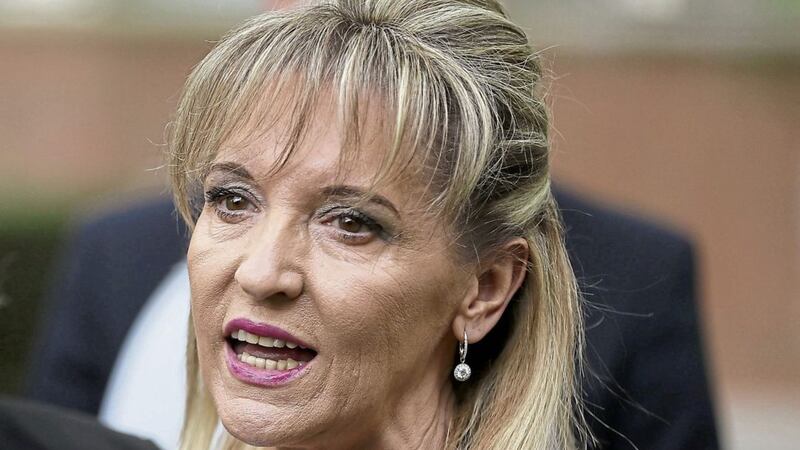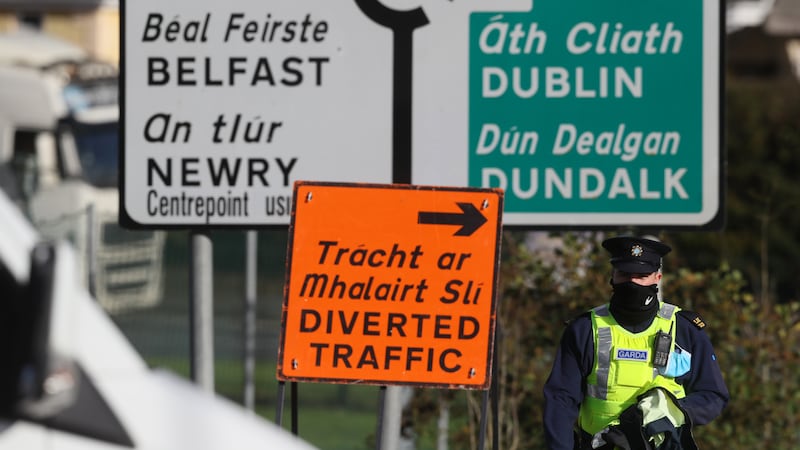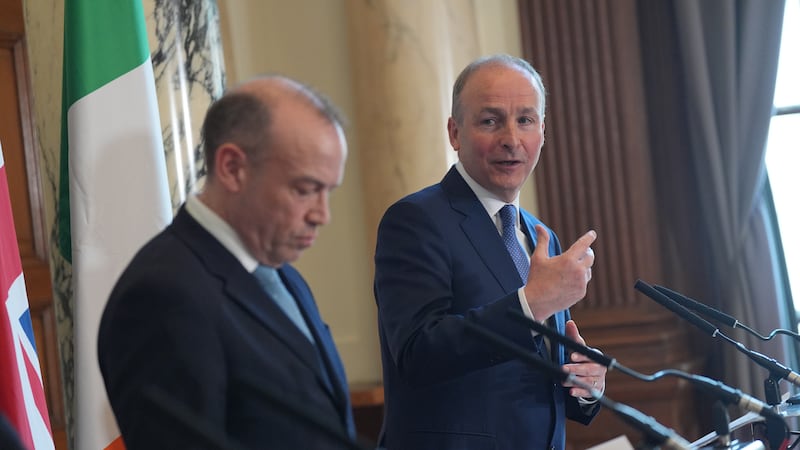The Conference on the Future of Europe (COFE) is an enormous, wide ranging consultation involving representatives at various levels of European citizens, civic society and governments across the EU.
It has been proceeding throughout 2021 and will soon conclude. COFE covers all aspects of EU peoples’ lives and what developments people want to see in the EU’s future.
Each state has various citizens’ panels carefully composed of male and female members, a third of whom must be aged 16-25 which meet at various parts of the country. They discuss topics such as jobs, climate change, justice, educations, sport, culture and of course European political developments. The whole process will conclude in the summer.
Needless to say EU citizens in the north weren’t included in the Irish consultation.
On February 17, COFE was in Cork where Sinn Féin’s north-west MEP, Chris MacManus appealed to the EU to play a pro-active part in the discussions taking place on the island about Irish unity. He said: “The EU has demonstrated its commitment to the Good Friday Agreement. This support must continue in order to protect the island of Ireland from the most harmful impacts of Brexit. I believe it is now time for the EU to stop playing the part of an observer when it comes to the conversations on the national question that are being had the length and breadth of our island. COFE should be a platform for this discussion as preparation is key to any future constitutional change. It is irresponsible to not engage in these important dialogues as early as possible.”
At present all the emphasis is on the protocol and the demonstrably false claims the DUP trots out daily about its effects. The key point being ignored in this distraction is that the problem is Brexit, which as Michelle O’Neill told Sky TV on Sunday, the DUP have deliberately conflated with the protocol and identity. Regardless of side effects, the consequences of Brexit were always going to be bad. The truth is, as Meg Hillier MP, chair of Westminster’s public accounts committee told the Financial Times, the only impact of Brexit is “increased costs, paperwork and border delays’, and she was talking about GB, not here.
The impact here is so much worse. The only way out of it is a successful referendum on Irish unity which guarantees a return to the EU, membership of which is the democratic wish of the majority in the north. To that end Sinn Féin’s representative to Europe, Martina Anderson, has been traipsing around EU capitals since her appointment in September after the party dumped her from Derry. Using SF MEPs like Chris MacManus she has been meeting political parties, ministers, ambassadors, editors, you name it, to persuade them to support the full implementation of the GFA which of course includes the referendum on unity provision.
She’s pushing an open door. European political parties and governments are aware of the damage Brexit has caused here.
The British were shocked that explicit in the deal between the new coalition partners in the German government there is a clause supporting the full implementation of the UK-EU treaty regarding Ireland. Last week the German European Affairs Committee discussed a report from its government on current affairs in the north and the protocol’s implementation. The French government closely monitors the UK’s failure to fulfil the terms of their obligations.
However, the interest is not confined to politicians and governments in the EU. At the weekend Mike Nesbitt, former UUP leader said: “I know people of a unionist background who are now thinking the unthinkable and thinking, would I be better off or worse off [in a united Ireland]?”
In all this discussion and work in the EU the one point which comes across from EU politicians and officials is their astonishment that no party in the Irish government endorses any proposal to prepare for Irish unity let alone press for it.









